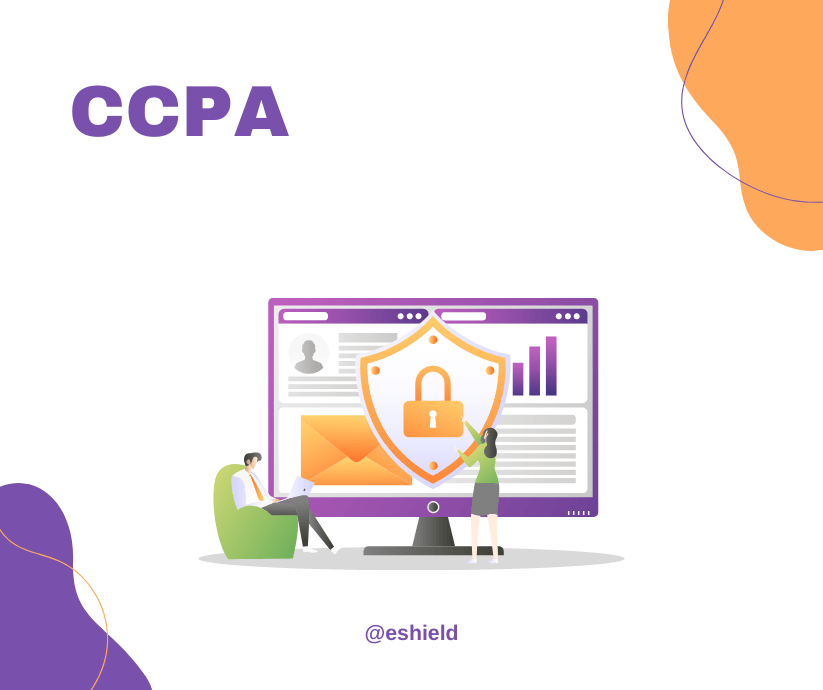Unlocking the Essence of the California Consumer Privacy Act (CCPA)
Discover the essence of the California Consumer Privacy Act (CCPA) – a pioneering law revolutionizing how businesses manage personal information. Enacted in 2018 and enforced from January 1, 2020, the CCPA empowers Californian consumers and businesses, reshaping the landscape of data protection.
Understanding the CCPA
The CCPA mandates businesses to transparently disclose their data practices, encompassing information collection, usage, and retention duration. This legislation intends to safeguard consumer privacy by granting individuals control over their personal data.
Core Objectives of the CCPA
Protecting Consumer Rights: Shielding consumers from misinformation about how their personal data is utilized or shared by companies.
Empowering California Residents: Granting Californians greater authority over the future utilization of their personal information by businesses.
Facilitating Legal Compliance: Aiding businesses in adhering to existing consumer data laws like the Gramm-Leach-Bliley Act (GLBA).
CCPA’s Reach and Influence
The CCPA’s jurisdiction extends to all businesses collecting or acquiring personal data from California residents, irrespective of their physical presence in the state. Whether online or offline, businesses must comply with CCPA guidelines.
Rights and Responsibilities
The CCPA enforces strict regulations, barring businesses from collecting or using personal data without explicit consent. Businesses are mandated to inform consumers about data practices and obtain consent before gathering information, ensuring transparency and consumer empowerment.
Embracing Compliance
Compliance with the CCPA is critical for businesses handling personal data in California. By comprehending its provisions and proactively adhering to compliance measures, businesses ensure data privacy, uphold consumer rights, and mitigate the risks associated with non-compliance.
Note: This content provides a general overview of the CCPA and should not be construed as legal advice. For tailored legal guidance, consult with our experts.
Reference:https://oag.ca.gov/privacy/ccpa
Unlock the full spectrum of possibilities! Explore our services and connect with us at Contact us or via email at [email protected] to cater to your unique requirements. Feel free to call us at +971-487-441-45 or message us on WhatsApp.


